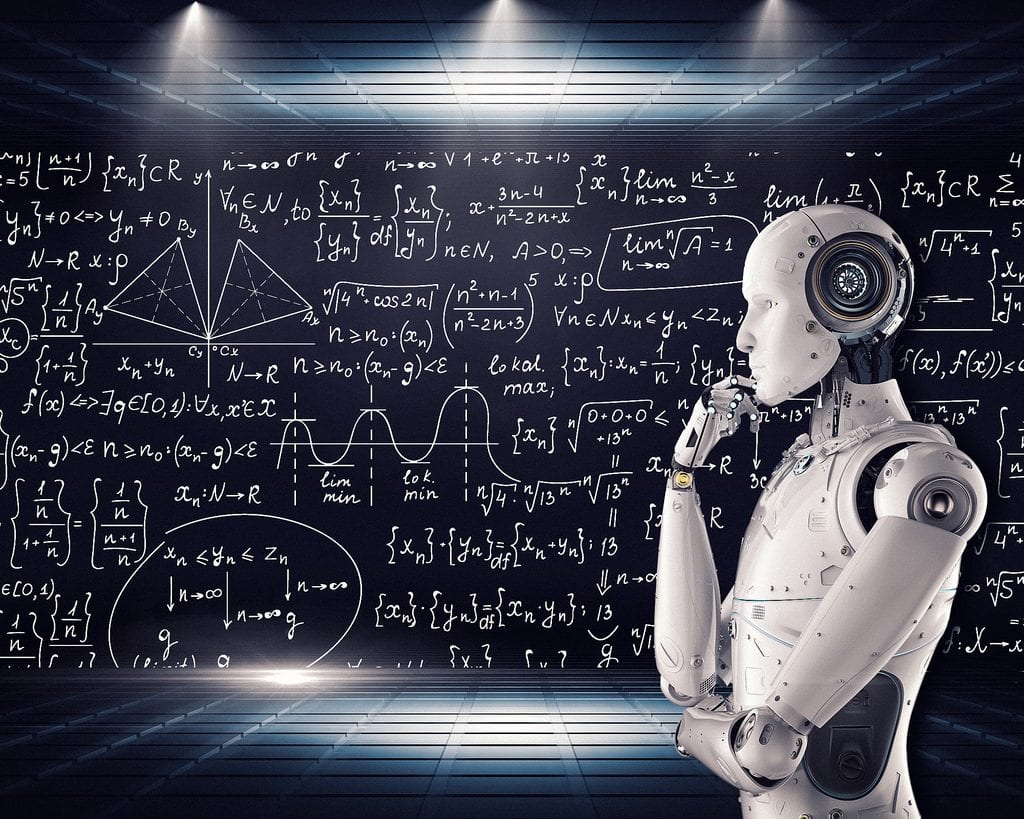Changes in future work processes will have an impact on how the future worker works and on the composition of the future workplace.
New business models and automation will both have an impact on how work processes are designed.
But it’s not all bad news, it’s possible the robot will do the boring bits!
Business model generation for the future
The impact of technology is not limited to the way people work and their work environment.
The transformation technology will bring, especially in the form of automation, will have a marked impact on existing business models.

We are currently already seeing this emerge in industries such as manufacturing, agriculture and customer service.
For example, many customer service functions are shifting from telephonic and email/mail-based support to also include webchat as a customer support function.
These webchats utilise chatbots, which are often powered by AI for routine questions, with human intervention provided for more complex or sensitive queries.
This is just one example of task sharing. With task sharing becoming more common, productivity is expected to increase 10 to 15% by 2023.
This estimate is more conservative than other research which is more aggressive about productivity and cost savings but also looks at a longer timeframe.
Will automation impact all job processes?
However, not all workplaces, job functions, processes or skills requirements will be affected by automation.
An Australian study by AlphaBeta Automation Advantage found some interesting results.
The diagram below shows their findings and outlines how some roles are highly interpersonal, strategic (data synthesis) and creative are difficult and complex to automate.
These roles increasingly make up the high value aspects of human work.
This focus of work on more interesting, more “people-oriented” functions could improve employee engagement (AlphaBeta anticipates by as much as 11%).
However, automation has other potential impacts, including the reduction of full-time roles associated with particular job functions.
An additional impact of automation on work processes will be a reduction in waste due to more efficient processes, allowing organisations to use changing work processes as a platform for improving business sustainability outcomes.

How FUJIFILM can help?
The move to future work processes is not going to be one smooth transition.
It will take time, and different organisations will propel themselves into the future at different paces.
Organisations need to start thinking now about how they can become digital ready to cater to new business models and ways of working.
FUJIFILM offers a range of digital data tools including analytics and process automation which enable digital and cloud-first strategies to make data ready for the future.
To read FUJIFILM’s recent whitepaper on the future of work, titled Co-Work or No Work: The realities of the future of work, visit website https://www.fujixerox.com.au/en/Co-Work-or-No-Work-Whitepaper.



